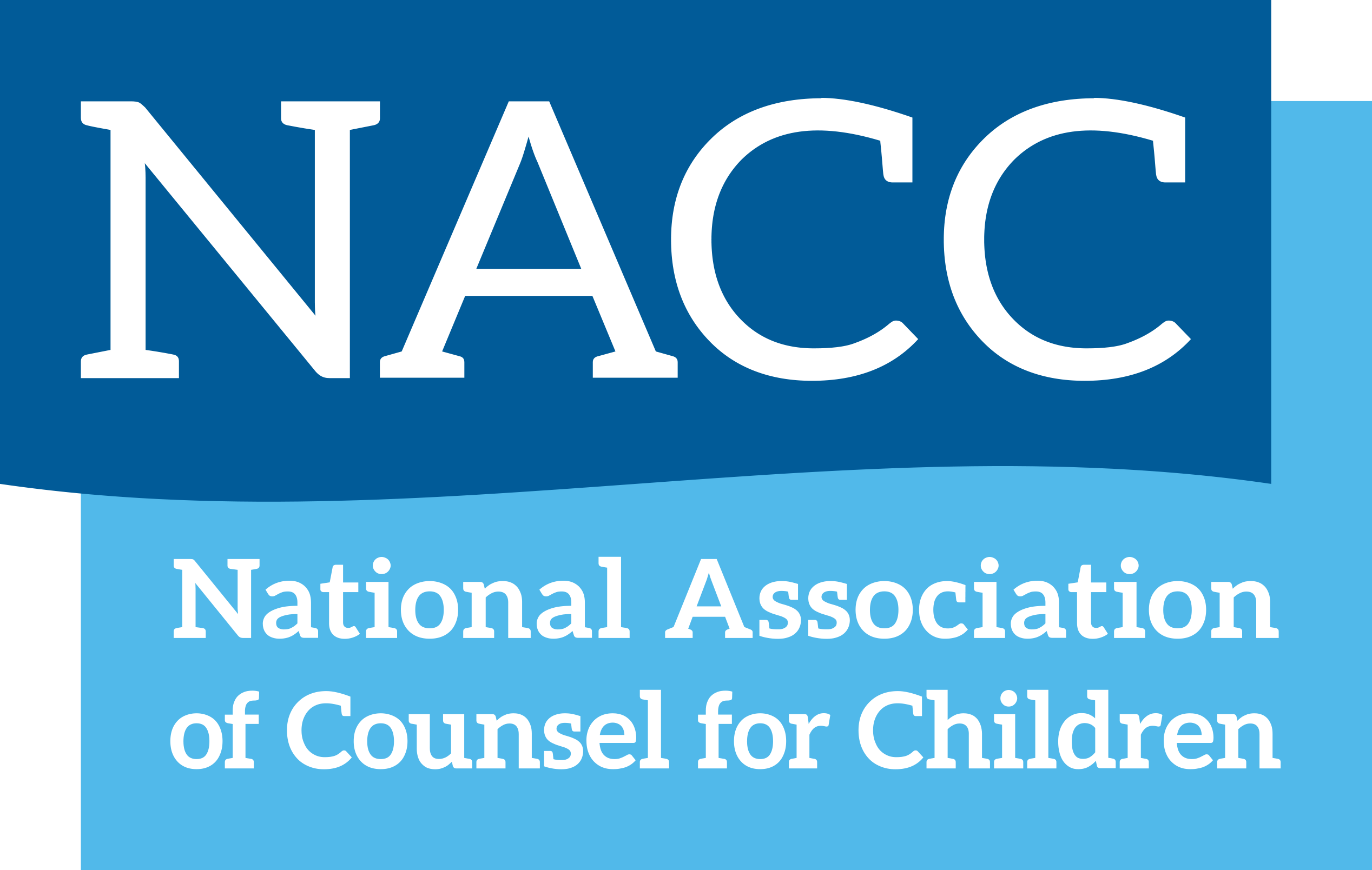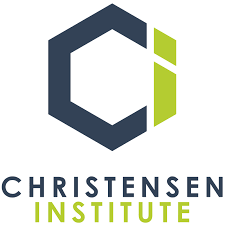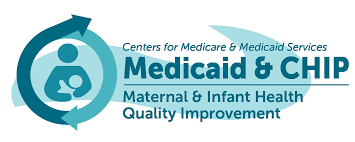A driver diagram shows the processes or systems that affect the aim of your quality improvement (QI) project and determine what you need to do to improve outcomes. Use the state Medicaid and CHIP improving timely health care for children … Read More
Author Archives: Jamar Little

Reporting of Child Maltreatment During the COVID-19 Pandemic in a Southern State in the United States
Child maltreatment is a serious public health issue and has major consequences for individuals, families, and society as a whole. Every year, 1 in 10 children are neglected or psychologically abused, and 4% to 16% are physically abused in high-income countries … Read More

The Kids Are Not Alright: A Look into the Absence of Laws Protecting Children in Social Media
INTRODUCTION AND DEFINITION OF THE ISSUE In the age of social media, children do not have the same privacy at home as previous generations. Imagine a child growing up in 2023, going to school, playing with friends, and getting into … Read More

The Misdiagnosed and Overmedicated Children in Foster Care
Introduction There is an understanding among professionals working within the family policing system that most children entering foster care have experienced trauma either from their home environment, system involvement (including being removed from their home), or from an out-of-home placement … Read More

FROM CHILD WELFARE TO WELL-BEING: A Blueprint for CBOs and Government Agencies
EXECUTIVE SUMMARY The US child welfare system incentivizes a reactionary rather than a proactive response, resulting in cases of child abuse and neglect that could have been avoided. Within the system, well-established business models and federal financial incentives are designed … Read More

Supporting Timely and Successful Reunifications
Safe and timely family reunification is the primary permanency option for most children and youth who have been removed from their parent’s care. All children belong with family, and family separation is a traumatic experience for both children and parents. … Read More

The Role of Parent Partner Programs in Supporting Prevention and Reunification
A brief from Casey Family Programs discusses the positive impacts of parent partner programs in child welfare, such as offering guidance and hope to parents navigating challenging circumstances. Focusing on reunification, these programs provide support by drawing on the firsthand experiences of … Read More

Capacity Building Center for Tribes Releases New Prevention Resources
The Capacity Building Center for Tribes released two new prevention resources: a brief on family-strengthening prevention practices and definitions and a guide highlighting culturally relevant services and supports for child welfare programs. The Capacity Building Center for Tribes Prevention Brief defines each stage of … Read More

New Training on Adapting Family Finding and Engagement Practices for LGBTQ+ Youth
A new online training from the National SOGIE Center provides information on supporting young people who identify as LGBTQ+ (lesbian, gay, bisexual, transgender, questioning, or other gender or sexual identity) during family finding and engagement processes. The free, 45-minute training provides information … Read More

How Child Welfare Agencies Can Support Reunification
The American Bar Association’s Center on Children and the Law hosted a webinar, “What Child Welfare Agencies Can Do to Support Reunification,” on resource and foster caregivers’ roles in the reunification process. The session focused on how child welfare agencies can facilitate … Read More

